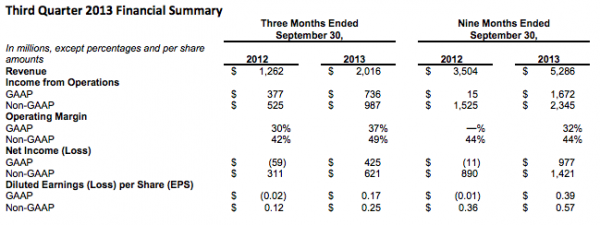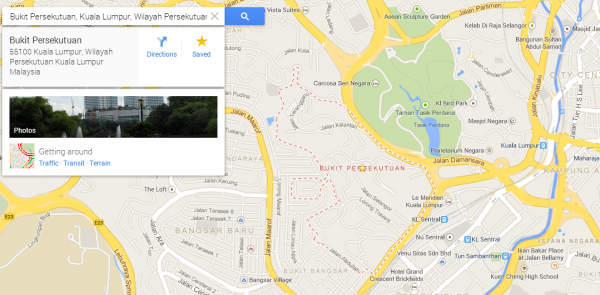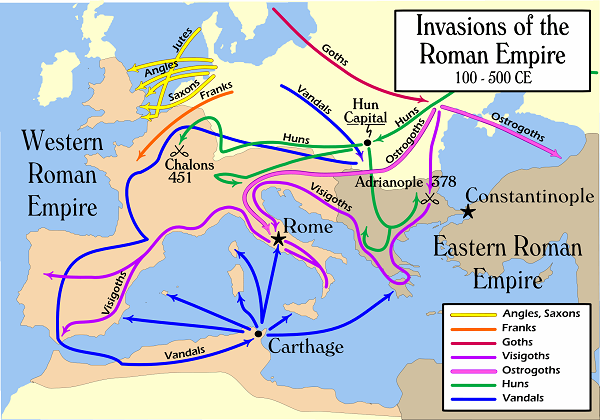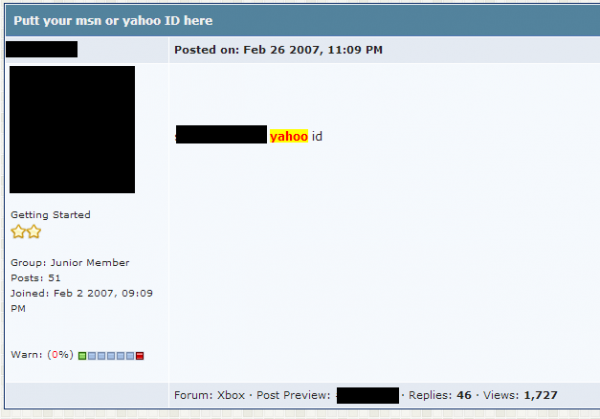
Social media is a wonderful tool for keeping in touch with people you would generally have forgotten existed. It’s also a great way to share your enthusiasm for just about anything with other people. It’s completely changed the way we interact and other human beings.
On the other hand, it’s created a different sort of world. One where we unwittingly share more information than we realise. As the mantra goes “Information is Ammunition”, it’s not very comforting to know that almost anyone can dig up ridiculous amounts of information about strangers.
Continues after the break.
Facebook is generally considered a prime territory for personal information prospecting. After all, the site wants you to share your content with as many people as possible. Constant reminders go out of their way to make it easy for you to update your personal information. Creating connections between users is ostensibly for building a more effective advertising database. After all, they still need those advertising dollars to make a profit.

Regular people tend to use those connections for “Facebook stalking”. Everyone does it, even if they claim otherwise. After all, who hasn’t tried to look at pictures of attractive people. In case anyone hasn’t figured it out yet, this is done by looking through photos with mutual friends tagged.
Tagging also reveals other things, like where you’ve been and when you were there. Especially when both Instagram and Facebook at linked. Those poor souls who love sharing Instagram pictures of their dinners, pets, and friends end up revealing a lot more than they intend.

For instance, many websites and services use security questions to verify your identity. Western banks like to use a customer’s mother’s maiden name. An answer that is easy enough to discover by flipping through a couple of friends lists, and easier still when dealing with Asian names that don’t get changed after marriage. After all, quite a few people have their parents and grandparents on Facebook now.
The same goes for questions like first job, or name of your first pet. Information that is readily available thanks to people posting about their lives. Your home address isn’t any harder to discover. It’s a matter of trawling Facebook for public profiles and taking notes.

Speaking of that, most profiles are public until the user says otherwise. Not really a problem for the better informed, but it is a treasure trove of connections, phone numbers, email and other methods of identification when not addressed. This doesn’t help when most social media sites want you to be sharing as much as possible in public.
To be fair, it is also a weakness in the verification procedure of financial institutions.
What is shared can lead to less that enjoyable results. Especially if you have your colleagues in your network. It could lead to simple things like people feeling offended, or to your boss finding out how you spend your time away from the office. So many people have been fired over social networking that there is even blog dedicated to it.
It’s not just personal information that gets around the internet. Thanks to advanced GPS tracking systems, we now know precisely where you are when you take those Instagram pictures or send that Tweet. Known as Geotagging; this is both good and bad. It’s good because people know where you are, especially if you happen to be on holiday somewhere nice; like a frozen tundra in Siberia. It is bad precisely because people will know where you are. Especially if you are somewhere you are not supposed to be; like a frozen tundra in Siberia when you are supposed to be on medical leave in KL.

However, the main concern with geotagging is safety. Because the geographical metadata is available for everyone to see, you are practically telling the whole world where you live, eat, and work. Combined with the habit of showing off new gadgets or expensive toys, this turns your social network into a shopping list for criminals.
A more extreme example involves the destruction of four Apache attack helicopters in Iraq. Soldiers uploaded pictures of the newly arrived vehicles while they sat on the tarmac. Enemies were able to figure out just where those helicopters were and destroyed them with a mortar attack. This is one of the events that lead to the banning of social media among the armed forces.
It’s not that hard to locate Twitter users either. The microblogging service doesn’t always display location information, but that doesn’t mean the information is completely hidden. There are several methods of figuring out where random strangers are, complete with GPS coordinates. Turning off location sharing is a good start, but many users still give away where they are via photo metadata or by simply telling the world where they are.

Geotagging is so widespread that researchers use it to track human travel patterns. The same way animals are tagged to figure out their migration routes.
To be fair, there is no actual data about the correlation between geotagging and crime. Law enforcement is mainly concerned about the potential for criminals to pick up on the behaviour. The mentality appears to be better safe than sorry. An understandable situation considering the ubiquity of social networking.
So how much are we sharing with the world at large? Well, we conducted a simple case study here at Lowyat.NET. Some of you are aware that the prices of the Playstation 4 in Malaysia were leaked on our forum. We were curious about the identity of this mysterious leak who caused us problems.

We began with a search of his forum user name, which resulted in discovering his other posts. Those posts soon lead to an email and phone number. It wasn’t much, but we also managed to dig up a general area for COD deliveries. Within 15 minutes he went from anonymous poster to a geographic location and contact.
The email lead to a real name, which made it very easy to find the person’s Facebook page. That was a brilliant place to dig up information. Like his occupation, girlfriend, Youtube channel, and what the inside of his house looks like. He might need to do a little more tidying up. Maybe mop a little, you know just in case the girlfriend wants to come over.

All this didn’t take long to find. Maybe about an hour and a half. We were busy here, and don’t have much time to go around digging up the history of strangers. A little longer and we would probably be able to get his IC number, but that should be about enough for the purpose of this feature. But it goes to show that people don’t think about what they are sharing on social media.
The next time you are going to post things about yourself on the internet, please take a moment to think about who might be able to read it. We did it to demonstrate a point for a story. Others might not be as responsible as we are, and use this kind of information for all sorts of wrongdoing.


